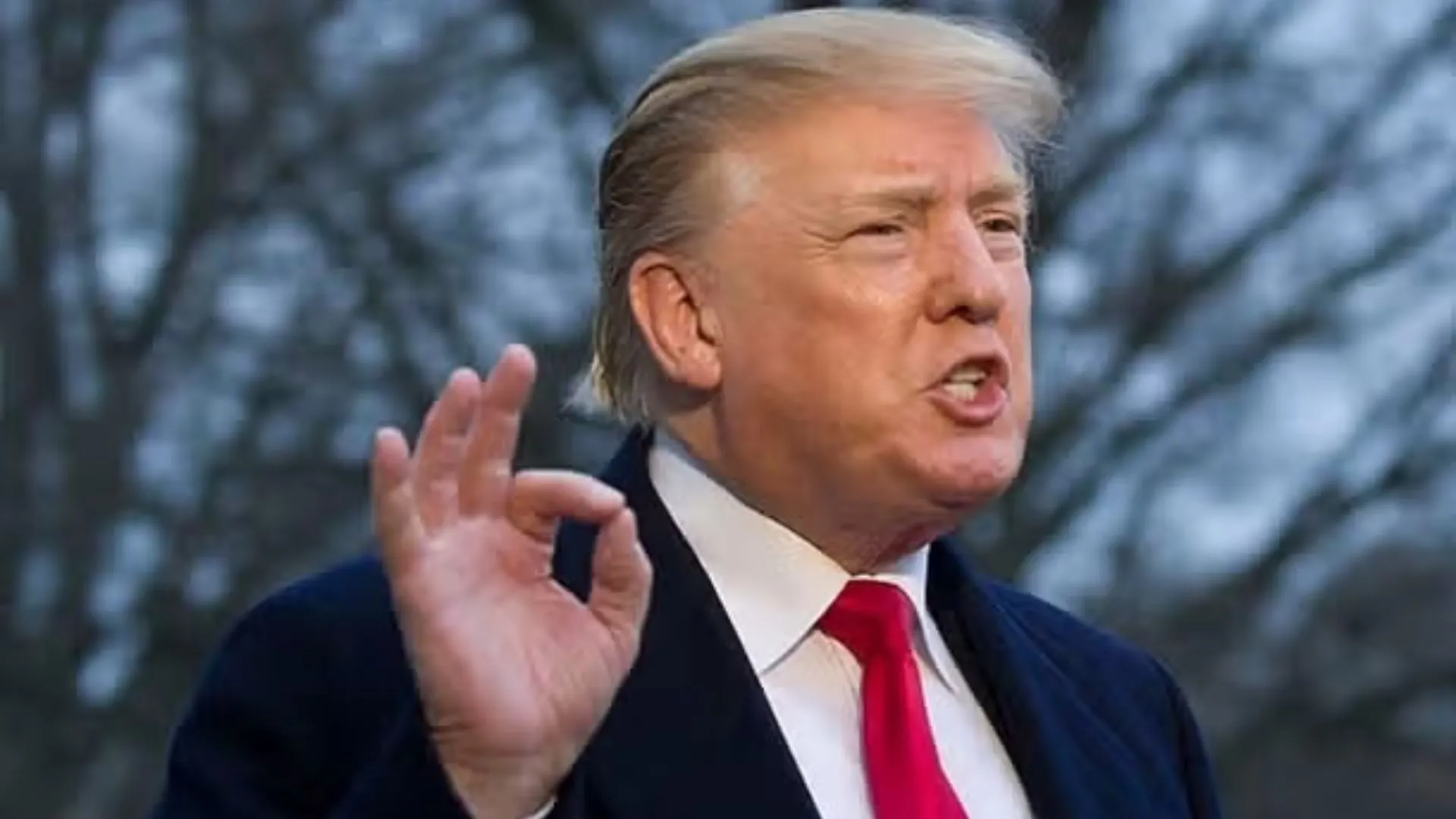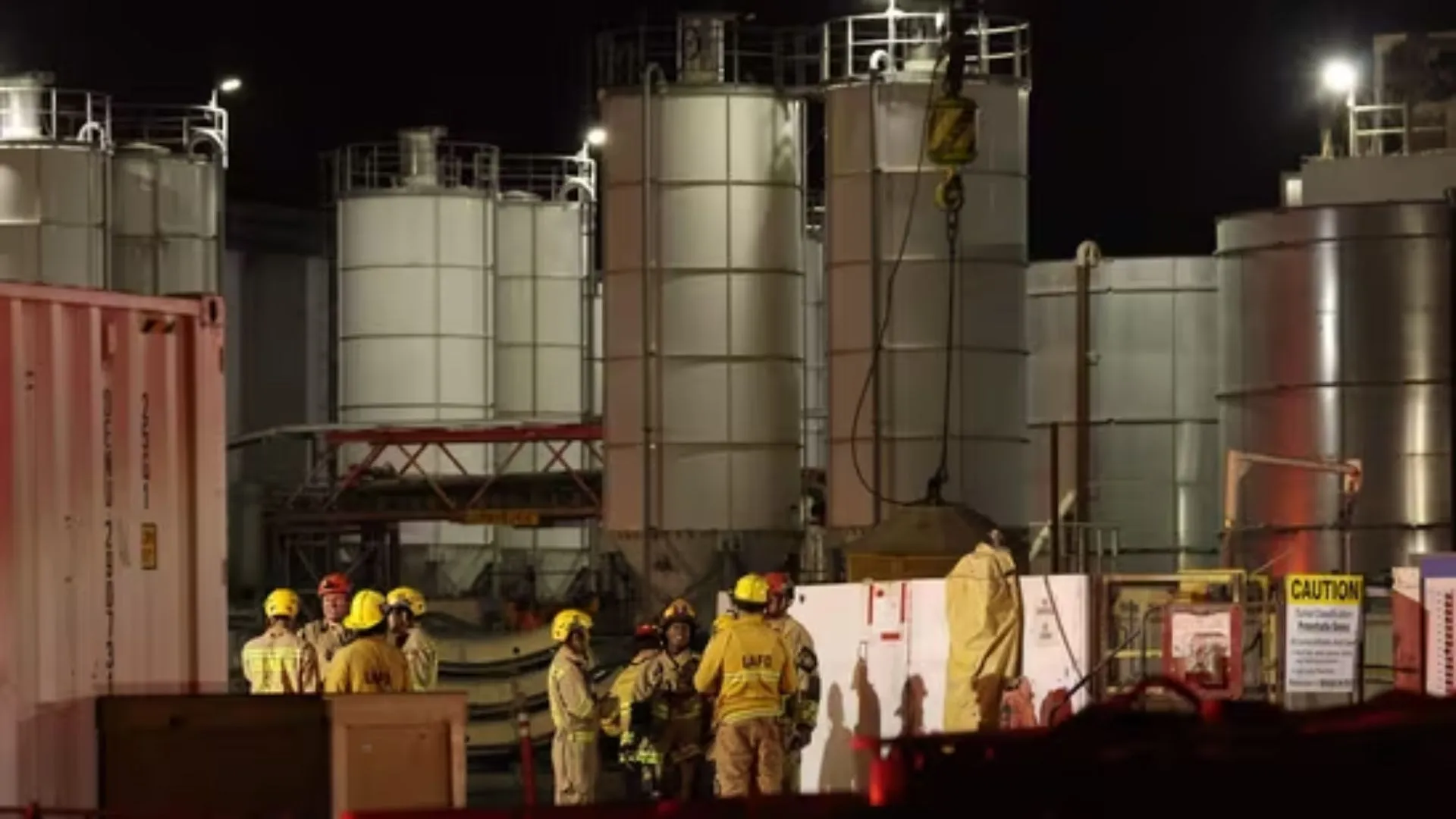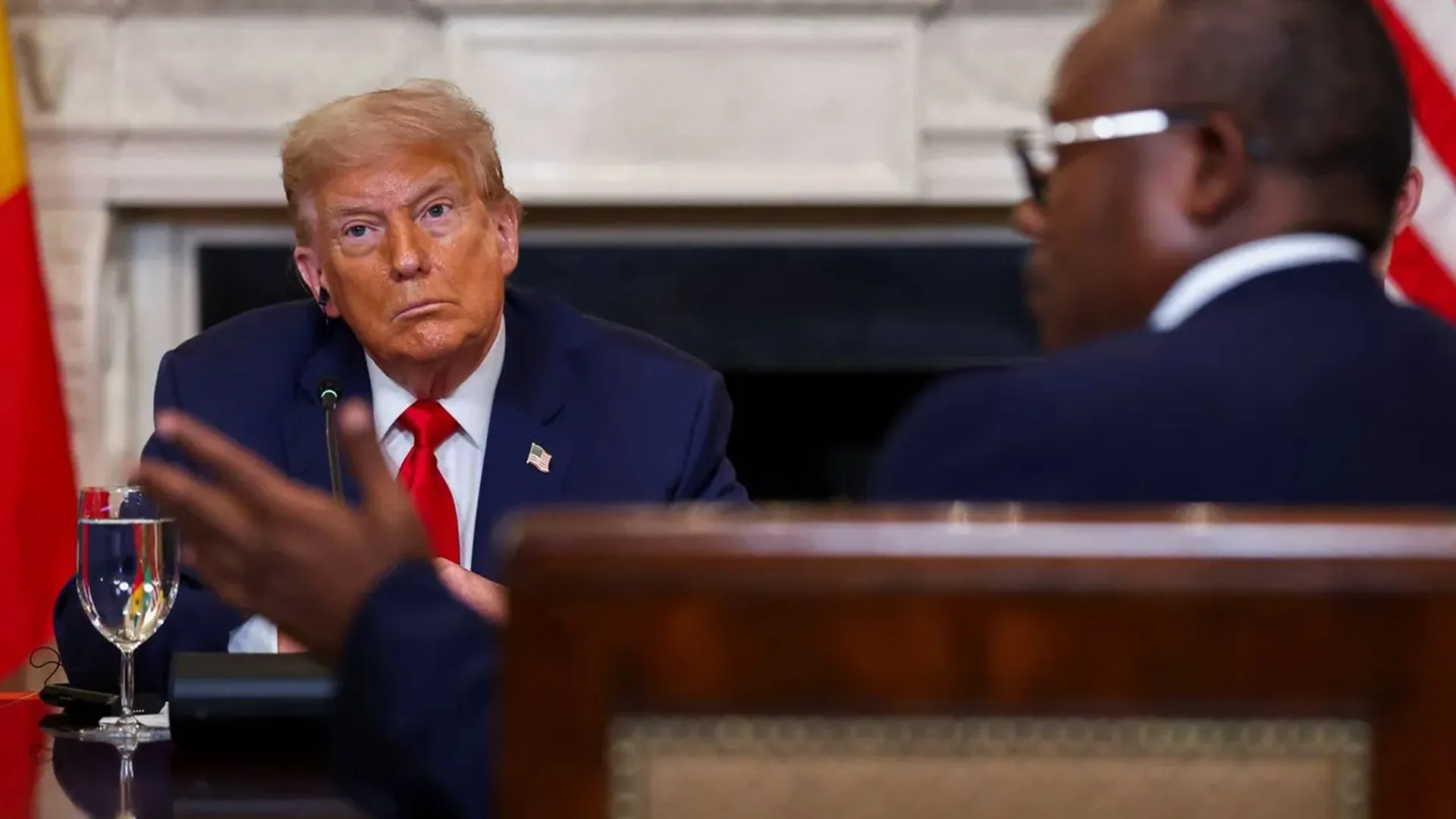A US federal trade court has ruled against Donald Trump’s effort to impose blanket tariffs, dismissing the administration’s claim that tariffs were needed to help bring a ceasefire between India and Pakistan.
The New York Court of International Trade held that Trump had gone beyond his statutory powers when he imposed new tariffs, including a 26% tariff on Indian imports. A three-judge panel said, “The court does not pass upon the wisdom or likely effectiveness of the President’s use of tariffs as leverage.”
The government had argued that the 10 May 2025 India-Pakistan ceasefire was the outcome of strategic American trade proposals. The court, however, did not buy that explanation and shut down the tariff proposal.
Tariffs Presented as Foreign Policy Tool
In a 23 May court submission, U.S. Secretary of Commerce Howard W. Lutnick supported Trump’s exercise of emergency authority under the International Emergency Economic Powers Act (IEEPA) as “a powerful foreign policy tool.” He contended that constricting presidential power under IEEPA had far-reaching implications, saying it would affect all strategic applications of economic leverage.
Lutnick cautioned that, “a negative ruling that limits presidential authority in this instance would cause India and Pakistan to doubt the legitimacy of President Trump’s proposal, endangering the safety of a whole region and the lives of millions.” He further pointed out that Trump’s approach forced China to the negotiating table, accusing Beijing of being responsible for drug trade and the loss of American jobs.
India Rejects U.S. Role in Ceasefire
Indian officials, however, strongly dismissed claims that the United States helped broker the May 10 ceasefire. They clarified that the halt in fighting resulted from direct communication between the military leadership of both countries.
According to India, the confrontation began on 7 May following the deadly Pahalgam terror attack that killed 26 people. In response, India launched Operation Sindoor, targeting nine terror camps in Pakistan and Pakistan-occupied Kashmir.
The court battle goes back to 2 April, when Trump introduced fresh tariffs, which included a 10% charge on most imports and even higher tariffs on imports from China and the European Union. He referred to the plan as “Liberation Day” and went on to suspend some of the stricter measures in hopes of pursuing trade agreements.
The legal action was brought by attorneys general from 12 Democrat states, who referred to the tariff action as “unlawful and arbitrary.” The court decision now threatens to be a major blow for the former administration’s effort to associate aggressive trade policy with global peacemaking.






















